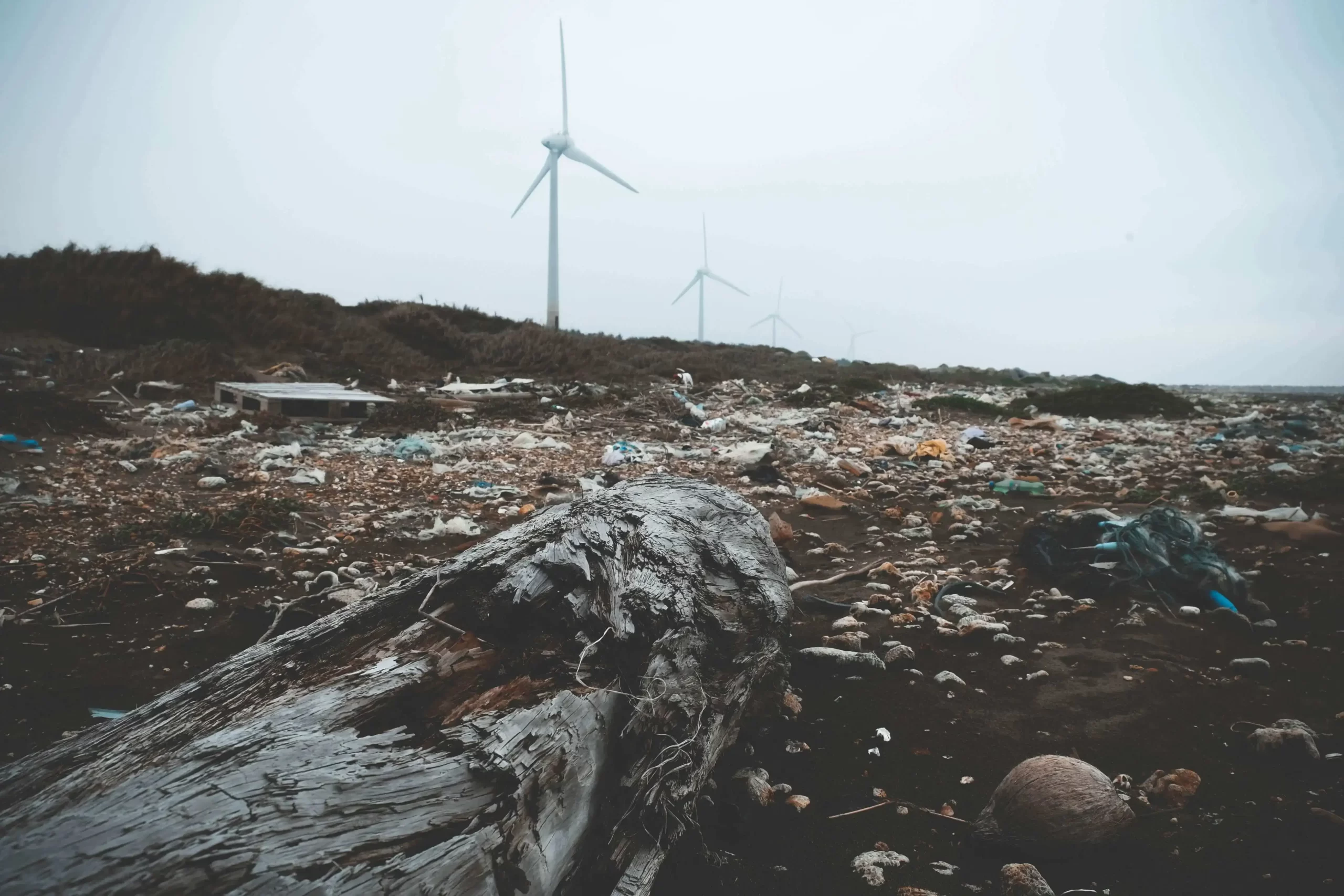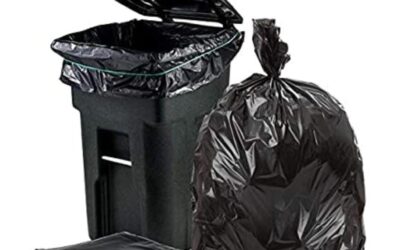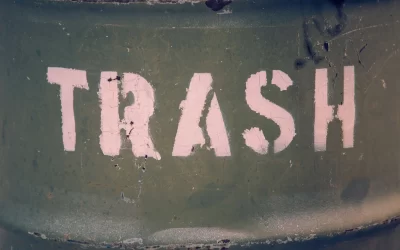Introduction
Professional Waste management is a significant environmental challenge in Kenya. With a population of over 50 million people, the country generates about 22,000 tons of waste daily. The amount of waste produced is expected to increase to over 30,000 tons by 2030. The management of waste is a critical issue that requires a holistic approach. Landfills play a critical role in the disposal and management of waste in Kenya. In this article, we will discuss the role of landfills in waste management in Kenya and their impact on the environment.
The History of Landfills in Kenya
Early waste management practices in Kenya involved open dumping of waste in designated areas. These dumping sites were not adequately managed, leading to environmental degradation and health hazards. The first engineered landfill in Kenya was established in 1987 in Nairobi. The landfill was designed to provide a more environmentally friendly waste disposal option. Currently, there are several landfills in Kenya, with some being operated by the government, while others are privately owned.
How Landfills Work
Landfills are sites where waste materials are disposed of by burying them in the ground. Landfills are designed to prevent the release of waste into the environment. The process of waste disposal in landfills involves several steps. First, waste is collected and transported to the landfill site. The waste is then compacted to reduce its volume and increase the amount of waste that can be disposed of in the landfill. Finally, the waste is covered with soil to prevent its exposure to the environment.
There are different types of landfills, including sanitary landfills, bioreactor landfills, and hazardous waste landfills. Sanitary landfills are the most common type of landfill and are used for the disposal of municipal solid waste. Bioreactor landfills use microorganisms to accelerate the decomposition of waste, while hazardous waste landfills are designed for the disposal of hazardous waste materials.
Advantages of Landfills
Landfills are a cost-effective waste disposal option. They require minimal operational costs, making them an attractive option for waste disposal. Additionally, landfills help to prevent pollution of air and water. When waste is left in the open, it can release harmful gases into the environment, leading to air pollution. Landfills also prevent waste materials from seeping into the soil and contaminating groundwater, which can lead to water pollution. Finally, landfills provide an opportunity for waste recycling. Some waste materials, such as plastics and metals, can be recycled and used in the production of new products.
Disadvantages of Landfills
While landfills provide an essential waste disposal option, they also contribute to environmental degradation. Landfills can be a source of greenhouse gas emissions. When organic waste is buried in a landfill, it decomposes and releases methane, a potent greenhouse gas. Landfills can also be a source of health hazards. Landfills attract pests such as rats and insects, which can spread diseases. The decomposition of waste materials can also release harmful chemicals into the environment.
Environmental Impact of Landfills in Kenya
Landfills have a significant impact on the environment. The decomposition of waste materials in landfills produces methane, a potent greenhouse gas that contributes to global warming. Additionally, landfills can contaminate soil and water sources, leading to environmental pollution. The burning of waste in landfills can also release harmful air pollutants, which can cause respiratory problems for nearby residents. Landfills also take up large amounts of land, which can lead to deforestation and habitat destruction. In Kenya, landfills have been responsible for soil and water pollution, as well as deforestation and habitat loss.
The Future of Landfills in Kenya
Kenya’s waste management system is still in its infancy, and there is a need for significant improvements. The government has recognized the need for a more sustainable waste management system and has started to implement policies and programs to address the issue. One such initiative is the National Solid Waste Management Strategy, which aims to promote sustainable waste management practices, including the reduction, reuse, and recycling of waste.
The government is also exploring alternative waste management options, such as waste-to-energy and composting. Waste-to-energy involves the conversion of waste materials into energy, while composting involves the use of organic waste to create nutrient-rich soil. These alternative waste management options can help reduce the amount of waste that is sent to landfills.
Conclusion
In conclusion, landfills play a critical role in waste management in Kenya. They are a cost-effective and convenient waste disposal option, but they also have significant environmental impacts. While there is a need for landfills in Kenya, there is also a need for improved waste management practices to reduce the negative impact of waste on the environment and human health. The government’s initiatives to promote sustainable waste management practices and explore alternative waste management options are positive steps towards a more sustainable waste management system in Kenya.
FAQs
- What is the primary purpose of landfills in waste management?
- The primary purpose of landfills is to provide a safe and efficient waste disposal option that prevents pollution of air and water.
- What are the advantages of landfills in waste management?
- Landfills are a cost-effective waste disposal option that prevents pollution of air and water. They also provide an opportunity for waste recycling.
- What are the disadvantages of landfills in waste management?
- Landfills contribute to environmental degradation, including greenhouse gas emissions and soil and water pollution. They can also attract pests and release harmful chemicals into the environment.
- How does Kenya’s waste management system compare to other countries?
- Kenya’s waste management system is still in its infancy and requires significant improvements. Other countries have more established waste management systems with better waste reduction, reuse, and recycling practices.
- What alternative waste management options is Kenya exploring?
- Kenya is exploring waste-to-energy and composting as alternative waste management options to reduce the amount of waste that is sent to landfills.
Related Posts
Solid Waste Management in Kenya: Challenges and Solutions
The Importance of Proper Waste Segregation in Kenya
Organic Waste Management: Turning Waste into Compost in Kenya
Industrial Waste Management Solutions for Businesses in Kenya
Commercial Waste Management: Best Practices for Kenyan Businesses
Medical Waste Management: Ensuring Safe Disposal in Kenya
Residential Waste Management Tips for Kenyan Homeowners





0 Comments